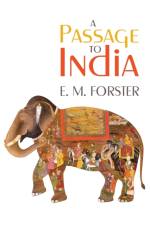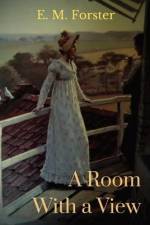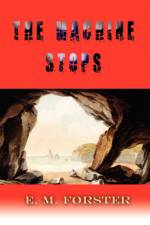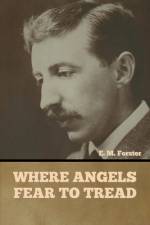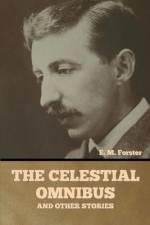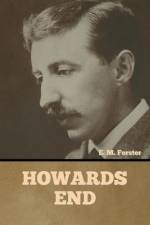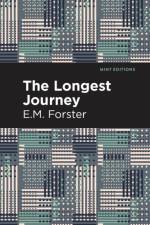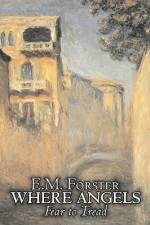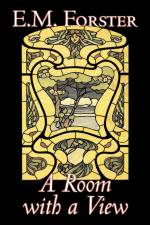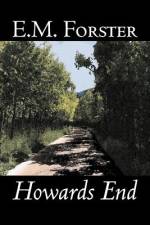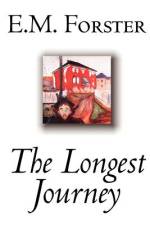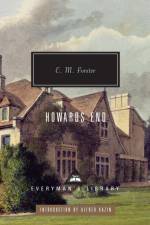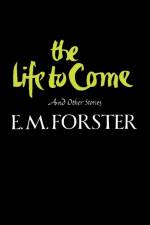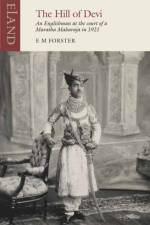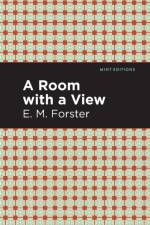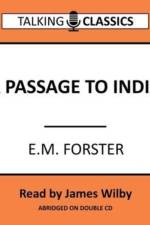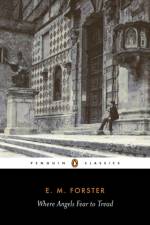av E. M. Forster
129 - 205
A Passage to India (1924) is a novel by English author E.M. Forster. Written during the rise of the Indian independence movement against the British Raj, A Passage to India is considered one of the greatest novels of twentieth century English literature. The novel has also been an important work for postcolonial theorists and literary critics for its inherent Orientalism and treatment of race, gender, and imperialism.The novel begins with the arrival of a young British teacher named Adela Quested and her friend Mrs. Moore in India. When Adela visits a mosque, she is approached by Dr. Aziz, a young Muslim physician, who accosts her before noticing her respect and understanding of local customs. At a party arranged by a local tax collector, who has invited a group of Indians out of curiosity, Fielding, a college principal, invites Dr. Aziz to a tea party with Adela and Mrs. Moore. There, they make plans to visit the Marabar caves, but are interrupted by Ronny Heaslop, who is to be engaged to Adela. When the day of the journey arrives, only Adela and Mrs. Moore are able to make the trip, and Dr. Aziz accompanies them alone. At the caves, Adela is frightened by a strange echo and stumbles before convincing herself that Dr. Aziz has assaulted her. The ensuing trial divides the fictional city of Chandrapore along racial lines, exposing the prejudices and tensions that dominate life during the British Raj. A Passage to India explores themes of romance, friendship, race, and custom while critiquing the British conquest of India and illuminating the rise of the Indian independence movement.With a beautifully designed cover and professionally typeset manuscript, this edition of E.M. Forster¿s A Passage to India is a classic of English literature reimagined for modern readers.

